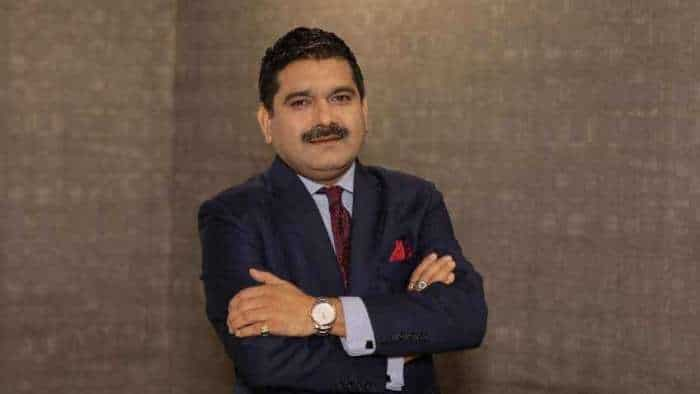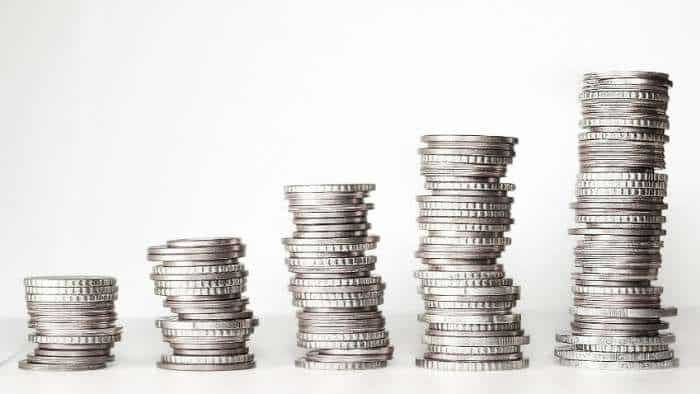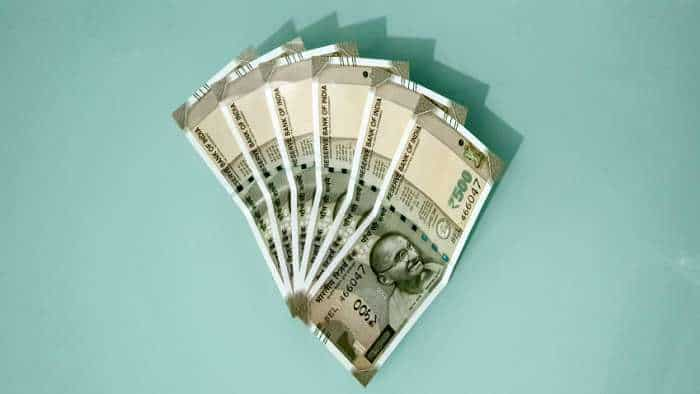Babri Masjid demolition day anniversary: By arresting LK Advani in October 1990, Lalu Yadav delayed mosque's demolition by 2 years
Babri Masjid demolition day anniversary: The Rath had till then enjoyed a free run across the states during its journey from Somnath in Gujarat, from where it took off on September 25, 1990. It was scheduled to reach Ayodhya on October 30.

Babri Masjid demolition day anniversary: The Babri mosque may have been demolished two years before the actual event, had the then Bihar Chief Minister, Lalu Prasad Yadav, not applied the brakes on BJP supremo L.K. Advani's Rath Yatra.
It was Lalu Prasad's government that arrested Advani, along with the president of the Vishwa Hindu Parishad (VHP), Ashok Singhal, in Bihar's Samastipur district on October 23, 1990.
The Rath had till then enjoyed a free run across the states during its journey from Somnath in Gujarat, from where it took off on September 25, 1990. It was scheduled to reach Ayodhya on October 30.
Advani and Singhal entered Bihar via the Gaya border from Dhanbad in present-day Jharkhand. They reached Patna and Samastipur on October 23 with the intention of moving into Uttar Pradesh via Deoria.
According to political sources, Lalu Prasad Yadav was not in the mood to arrest Advani and other leaders of the saffron brigade, but acted on the directions of the Prime Minister's Office (PMO). Vishwanath Pratap Singh was then the Prime Minister.
"Actually Lalu Prasad was initially thinking that the Rath should pass to Uttar Pradesh peacefully. He did not want any communal disturbance in Bihar. Then the PMO changed his mind," a senior leader of the RJD said, requesting anonymity.
Advani, Singhal and others were arrested from the circuit house of Samastipur. After the arrest of Advani and others, they were sent to a guest house in Dumka (in present-day Jharkhand) and further to Kolkata in helicopters.
Lalu Prasad has mentioned the incident in a speech in Parliament.
The logic behind arresting LK Advani was to take credit as a secular leader and secure the Muslim votes.
A senior BJP leader, who was also on the way to Ayodhya at that time and returned from Mughal Sarai Junction, told IANS: "After the arrest of LK Advani, there was a new enthusiasm among youths in Bihar. People were joining the Kar Seva movement.
It was a spontaneous movement. A large number of youths participated in the Babri mosque demolition. Some of them were successful in reaching Ayodhya while a large number of people like me were not allowed to cross the Bihar-Uttar Pradesh border."
"There was no communal angle till December 6, 1992. People were reaching Ayodhya from across the country. The population around the Babri mosque has a large number of Muslims. Hence, several Kar Sevaks were accommodated in houses belonging to Muslims.
"After the demolition of the Babri mosque, communal riots occurred at several places in the country," the BJP leader said.
After the demolition of the Babri mosque, Lalu Prasad had appealed to the people to maintain peace and not participate in the communal riots. He had also appealed to the people to set an example of Hindu-Muslim brotherhood in the country.
ALSO READ | Babri Masjid demolition day anniversary: Erased symbol of slavery, says kar sevak-turned-BJP leader
Click Here For Latest Updates On Stock Market | Zee Business Live
Get Latest Business News, Stock Market Updates and Videos; Check your tax outgo through Income Tax Calculator and save money through our Personal Finance coverage. Check Business Breaking News Live on Zee Business Twitter and Facebook. Subscribe on YouTube.
RECOMMENDED STORIES

Top 7 SBI Mutual Funds With Highest SIP Returns in 15 Years: No. 1 scheme has turned Rs 12,222 monthly SIP investment into Rs 1,54,31,754; know about others too

Highest Senior Citizen FD rates: See what major banks like SBI, PNB, Canara Bank, HDFC Bank, BoB and ICICI Bank are providing on special fixed deposits
11:25 AM IST









 Babri Masjid demolition day anniversary: Erased symbol of slavery, says kar sevak-turned-BJP leader
Babri Masjid demolition day anniversary: Erased symbol of slavery, says kar sevak-turned-BJP leader Babri Masjid Demolition Case: Big breaking news! Verdict out! What Special CBI Court said about LK Advani, MM Joshi, Uma Bharti and other accused
Babri Masjid Demolition Case: Big breaking news! Verdict out! What Special CBI Court said about LK Advani, MM Joshi, Uma Bharti and other accused  Babri Masjid Demolition case: Lucknow gears up for CBI court verdict
Babri Masjid Demolition case: Lucknow gears up for CBI court verdict